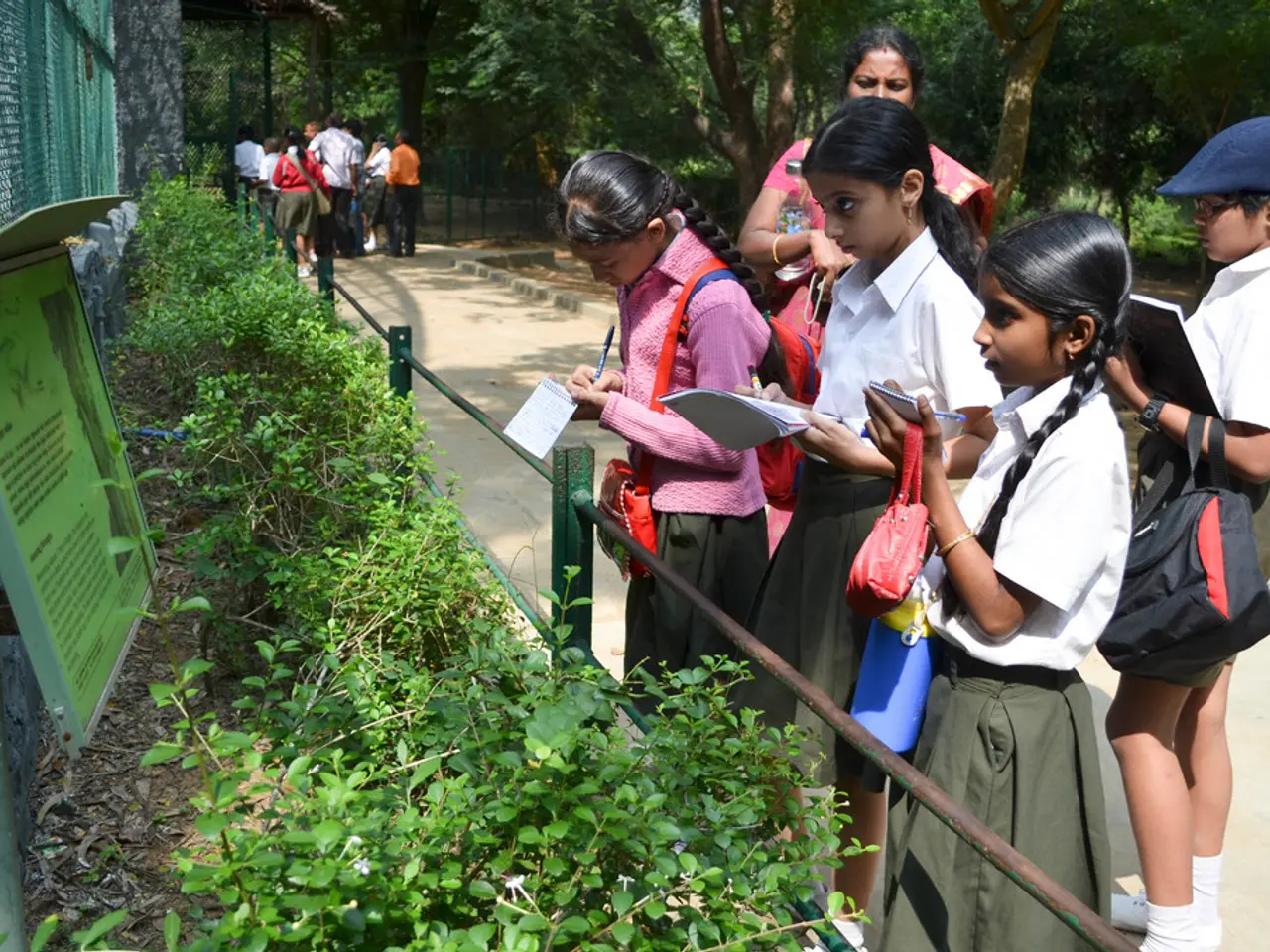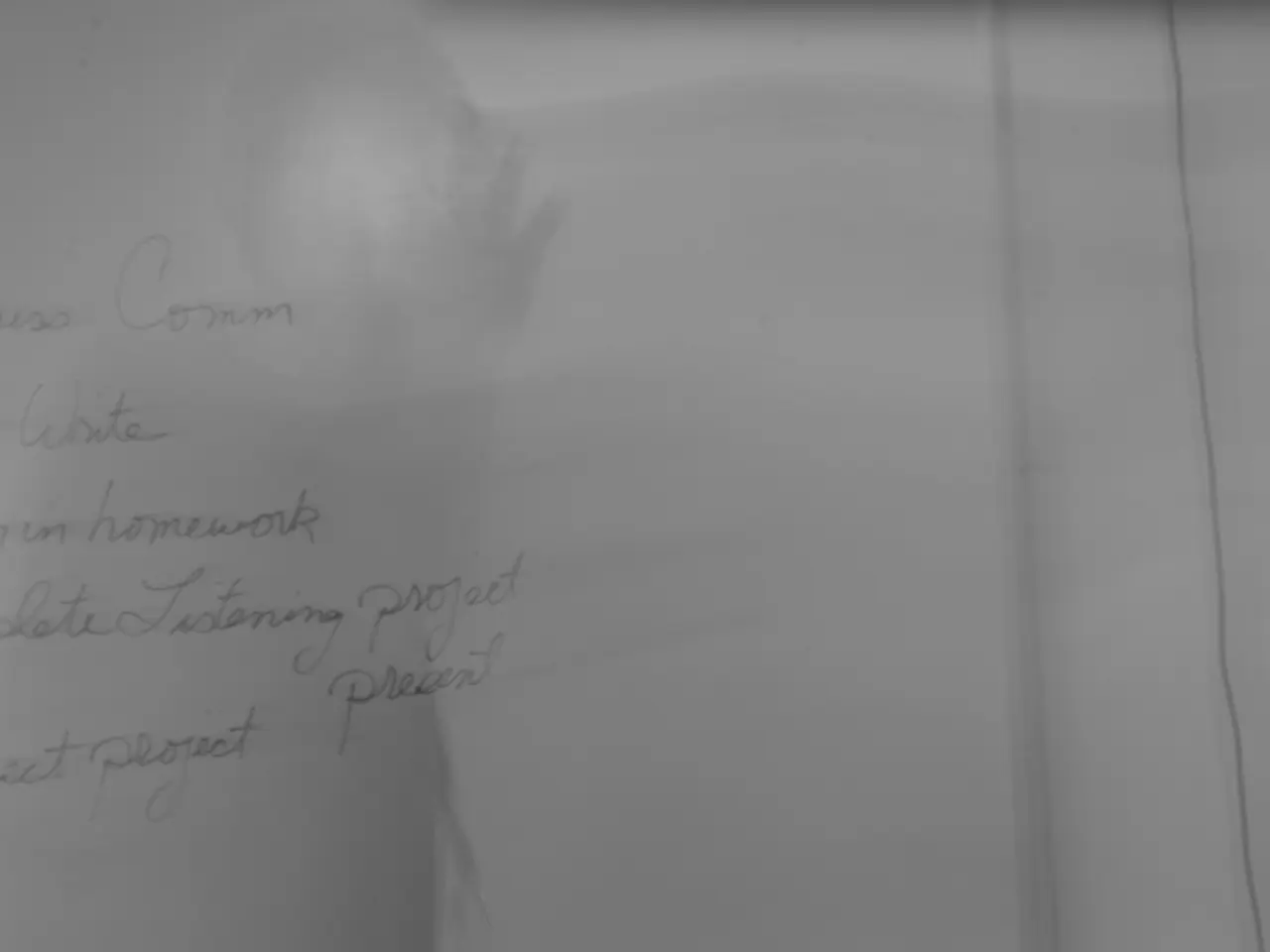Meta Facing Scrutiny: New Mexico Demands Answers as Congress Pauses Inaction
The New Mexico Department of Justice has filed a lawsuit against Meta, the parent company of Facebook, Instagram, and WhatsApp, alleging that the tech giant has failed to implement adequate child safety policies online and in real life.
Meta's lobbying efforts have been focused on preventing the Kids Online Safety Act (KOSA) from becoming law. The company has sought to shift responsibility for children's online safety away from social media platforms and onto app stores like Apple’s and Google’s. This tactic, however, has attracted criticism. Google spokesperson Danielle Cohen accused Meta of trying to shirk its responsibility for protecting children online, arguing that the proposals backed by Meta introduce risks to minors’ privacy without effectively addressing the harms lawmakers aim to prevent.
The lobbying strategy has had mixed success, with at least eight states passing laws that still hold social media platforms accountable for age verification and children's safety. However, this shifting of responsibility raises concerns about gaps in protections for children online. If app stores become the primary enforcers of age verification and safety measures, platforms like Meta’s may face less pressure to moderate harmful content or prevent exploitation, putting children at greater risk.
Critics also worry that KOSA, while intended to protect minors, might restrict access to important online spaces for vulnerable groups, such as LGBTQ+ youth, by enabling censorship or limiting educational content under the guise of protecting children.
In the past year, New Mexico law enforcement has arrested numerous "Metaphiles" using Meta's apps to target children. Internal documents and whistleblower testimony show that Meta's own employees warned about predators targeting minors due to the company's design choices. Meta has refused to implement basic protections like effective age verification and continues to promote harmful content, allegedly as a result of deliberate business decisions prioritizing engagement and ad revenue over children's safety.
Meta spent $5.8 million on lobbying last quarter to prevent KOSA from becoming law. If passed, KOSA would empower state attorneys general to hold big tech accountable, give parents tools to report harmful content, and allow families to shield their children from addictive algorithms.
It's time for Congress, and Meta, to do the same in protecting children from online harm. The Kids Online Safety Act (KOSA) was passed by the U.S. Senate last year, aimed at giving families tools to protect children online. Meta executives were presented with solutions to default minors' accounts to private, limit addictive features, and restrict the reach of inappropriate content, but these proposals were delayed, watered down, or ignored.
Every day, 100,000 children using Facebook and Instagram fall victim to online sexual harassment. Meta's decision to expand end-to-end encryption across its platforms means it will no longer detect messages from online groomers or refer predators to the police. Mark Zuckerberg has reportedly approved the removal of guardrails designed to prevent inappropriate conversations with minors by Meta's AI chat bots.
For general questions or concerns, email web@our website. The fight for better protection from online harm for New Mexico's families continues, with the Department of Justice vowing to continue its efforts.
Sources: 1. New York Times 2. The Verge 3. Washington Post 4. Politico
- The controversy surrounding Meta's approach to child safety online persists, with critics arguing that the tech giant's lobbying efforts aim to shift responsibility away from social media platforms and onto app stores like Apple’s and Google’s.
- The Kids Online Safety Act (KOSA), if passed, would give parents tools to report harmful content, empower state attorneys general to hold big tech accountable, and allow families to shield their children from addictive algorithms.
- The General News sources suggest daily incidents of online sexual harassment affecting 100,000 children using Facebook and Instagram, and Meta's decision to expand end-to-end encryption across its platforms means it will no longer detect messages from online groomers or refer predators to the police.
- In the realms of Education-and-self-development and Entertainment, there are concerns that the Kids Online Safety Act, while intended to protect minors, might restrict access to important online spaces for vulnerable groups like LGBTQ+ youth, by enabling censorship or limiting educational content under the guise of protecting children.




